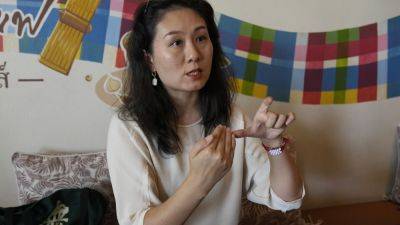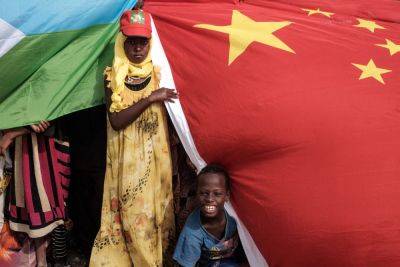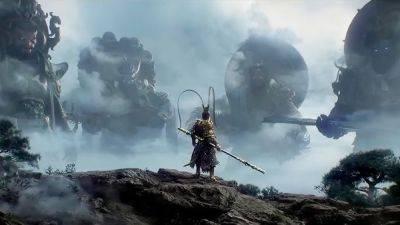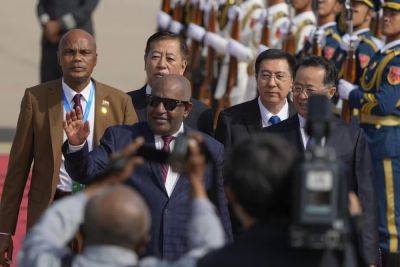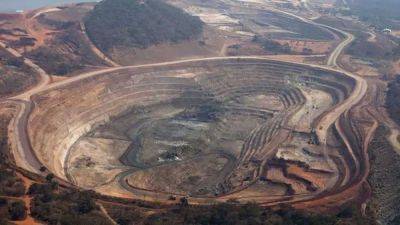The Congo could defuse China’s EV battery dominance
The mineral-rich Democratic Republic of the Congo (DRC) is often portrayed as a victim of exploitation by China, the US and Europe in their competition for its minerals, which are critical for the energy transition.
But our research has found that the DRC can influence the shape of the cobalt market, in which it is the single largest producer. Cobalt is a very important metal. It reduces overheating in batteries and is essential in the manufacture of electric vehicles.
Our research, conducted in both China and the DRC, reveals how governments that are often viewed as peripheral, such as the DRC, can influence and sometimes define global industries.
Our findings were based on months of fieldwork in the artisanal and industrial cobalt mines of the DRC and on China’s infrastructure developments. We also examined local media and government documents to review legal and administrative decisions.
We found that there’s a high level of control by the DRC government, both national and regional. Mining policy decisions made by politicians in the DRC’s capital Kinshasa or mining regions like Kolwezi are felt throughout global battery supply chains.
For instance, as the producer of 70% of the world’s cobalt, the DRC has influence over the global electric vehicle battery supply chain.
Despite this, the DRC isn’t using this influence for the benefit of the DRC people. An estimated 74% of people in the DRC continue to live in poverty. Some mining revenues flow to the government but communities living near mines see little improvement in their daily lives.
Many continue to face poverty, pollution, and dangerous working conditions in and around the mines.
China’s cobalt processing
Cobalt was first mined in the DRC in 1914 during the


